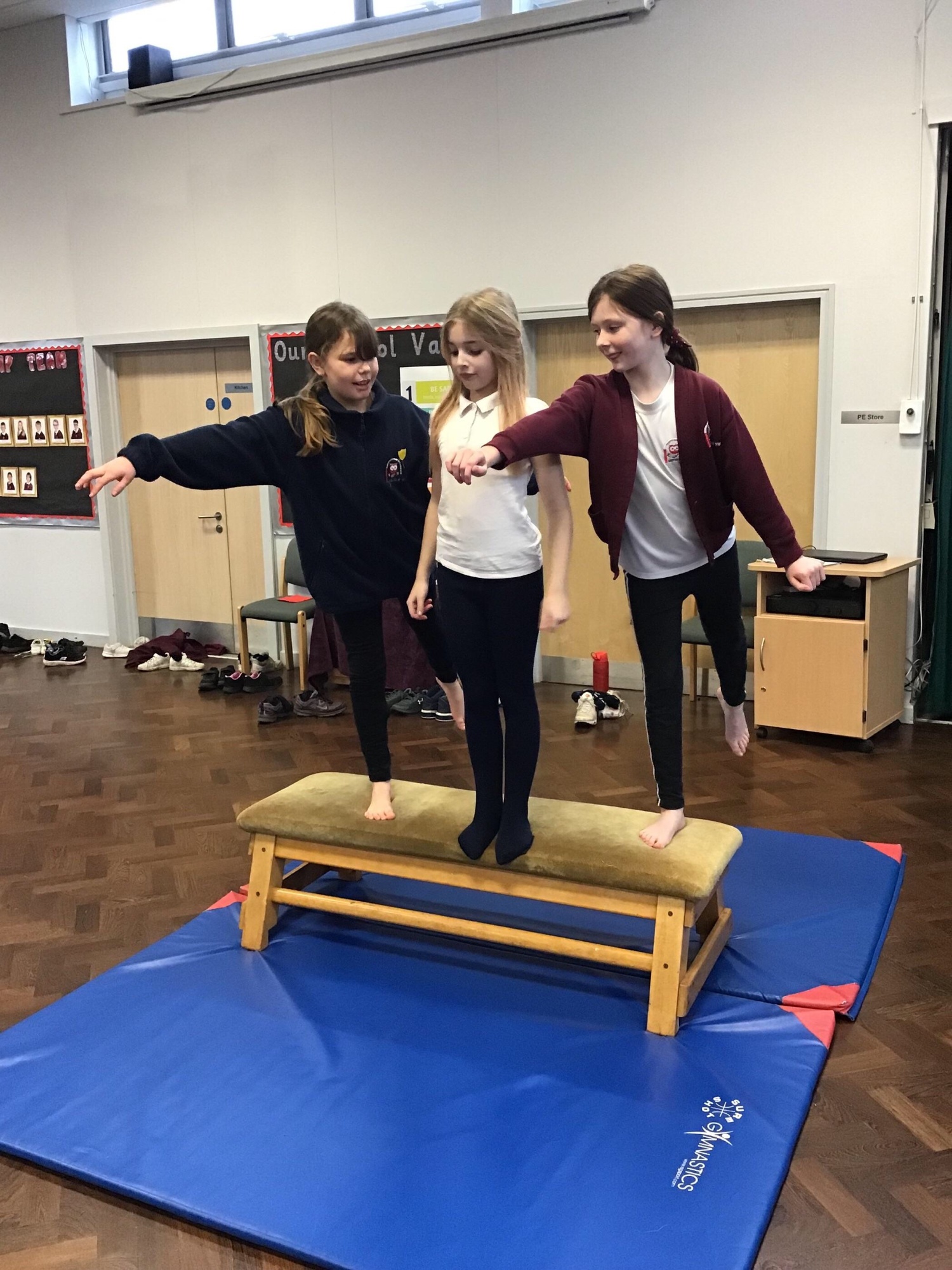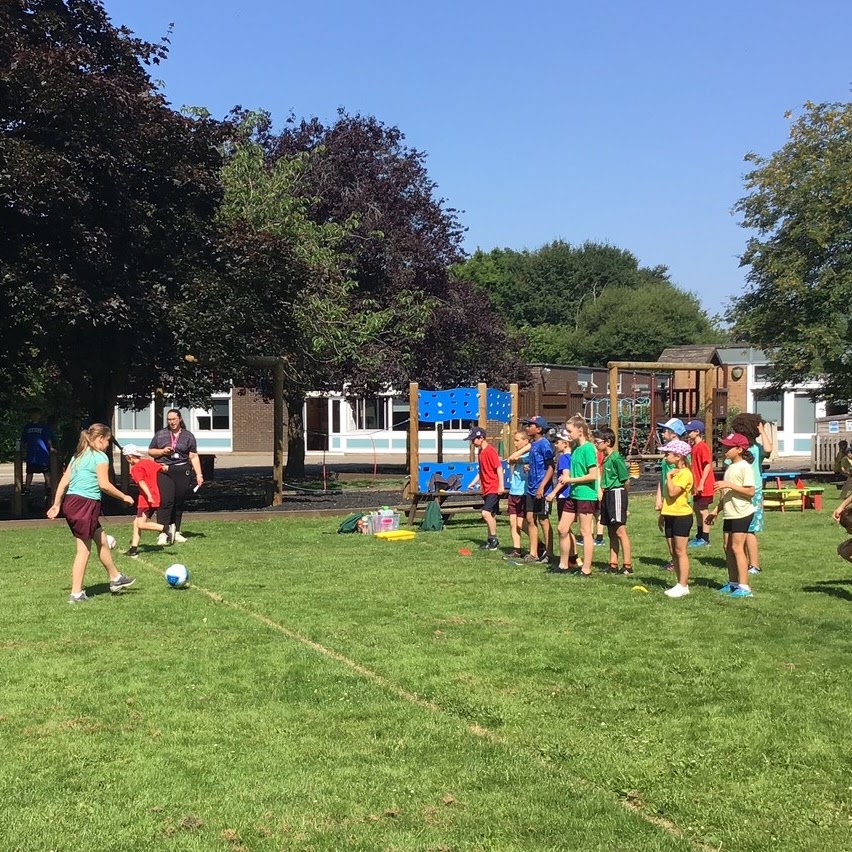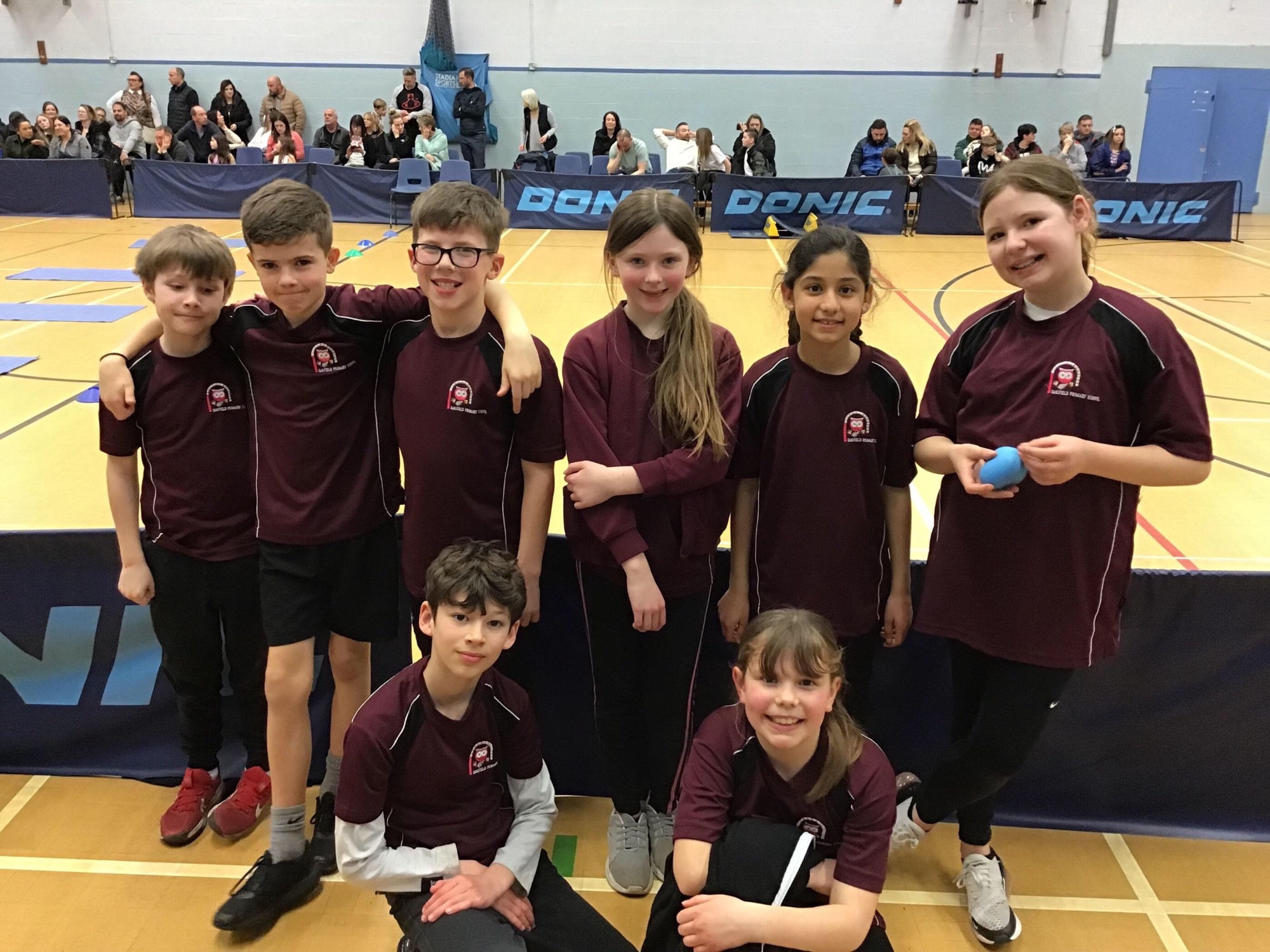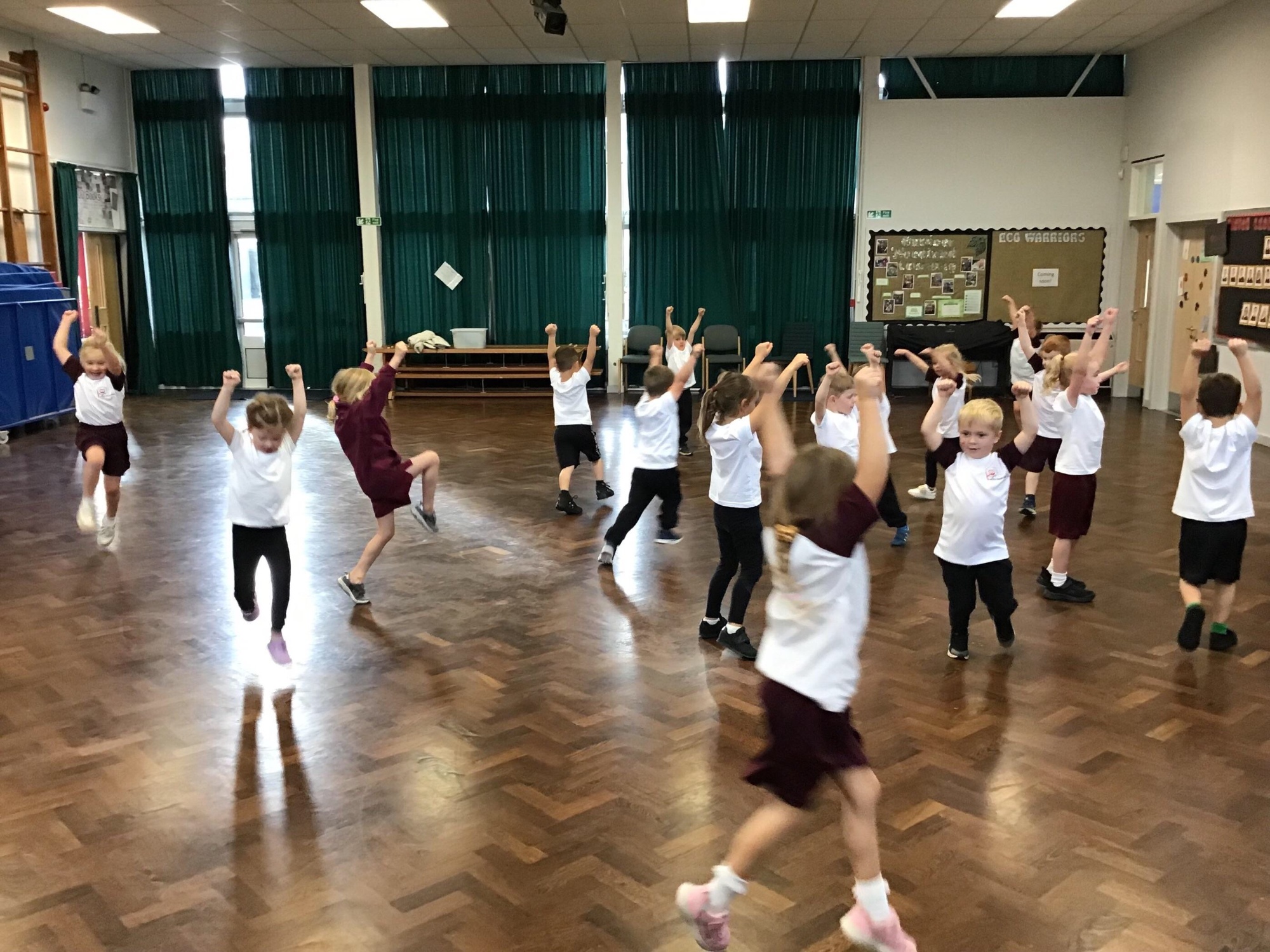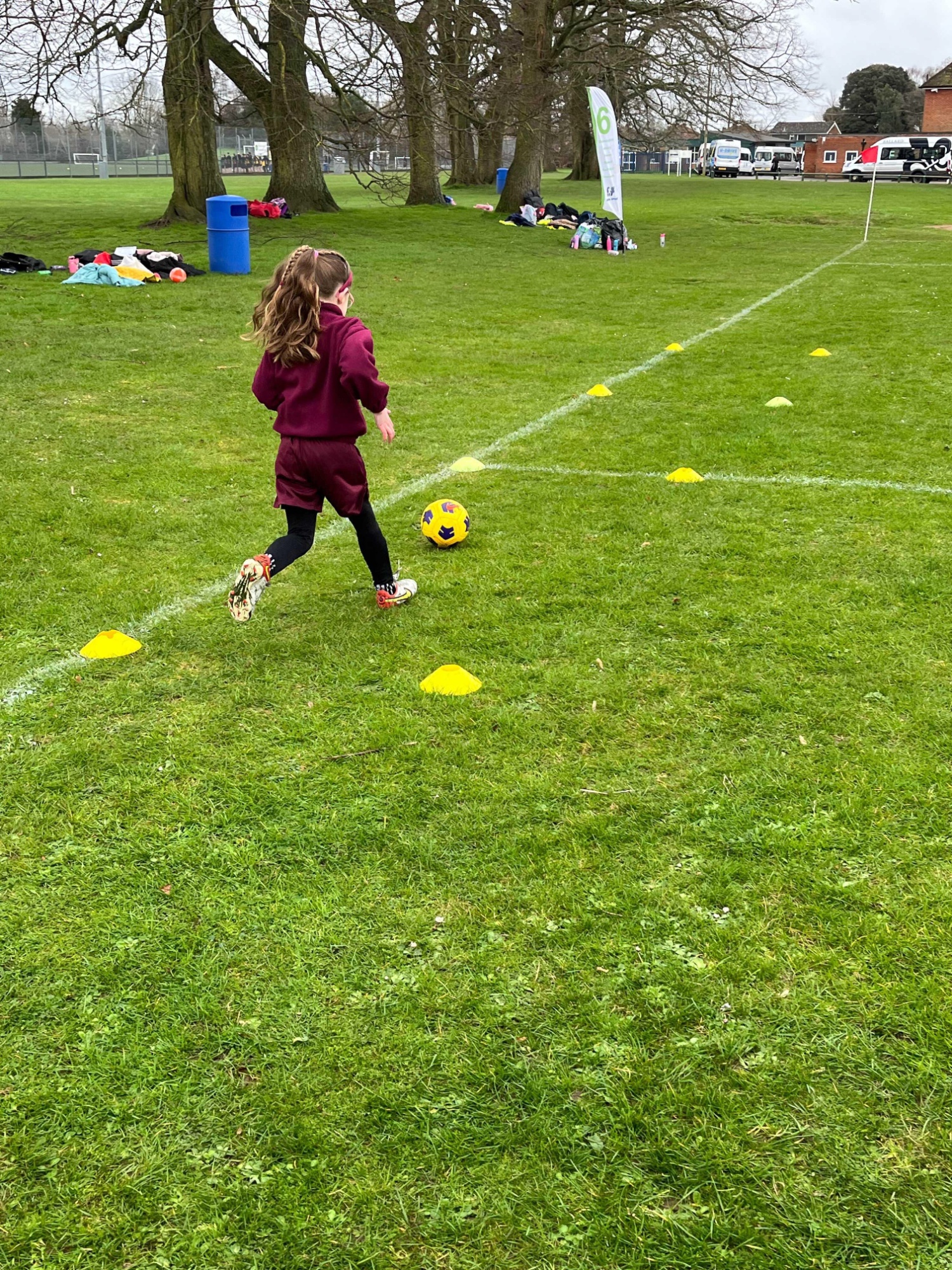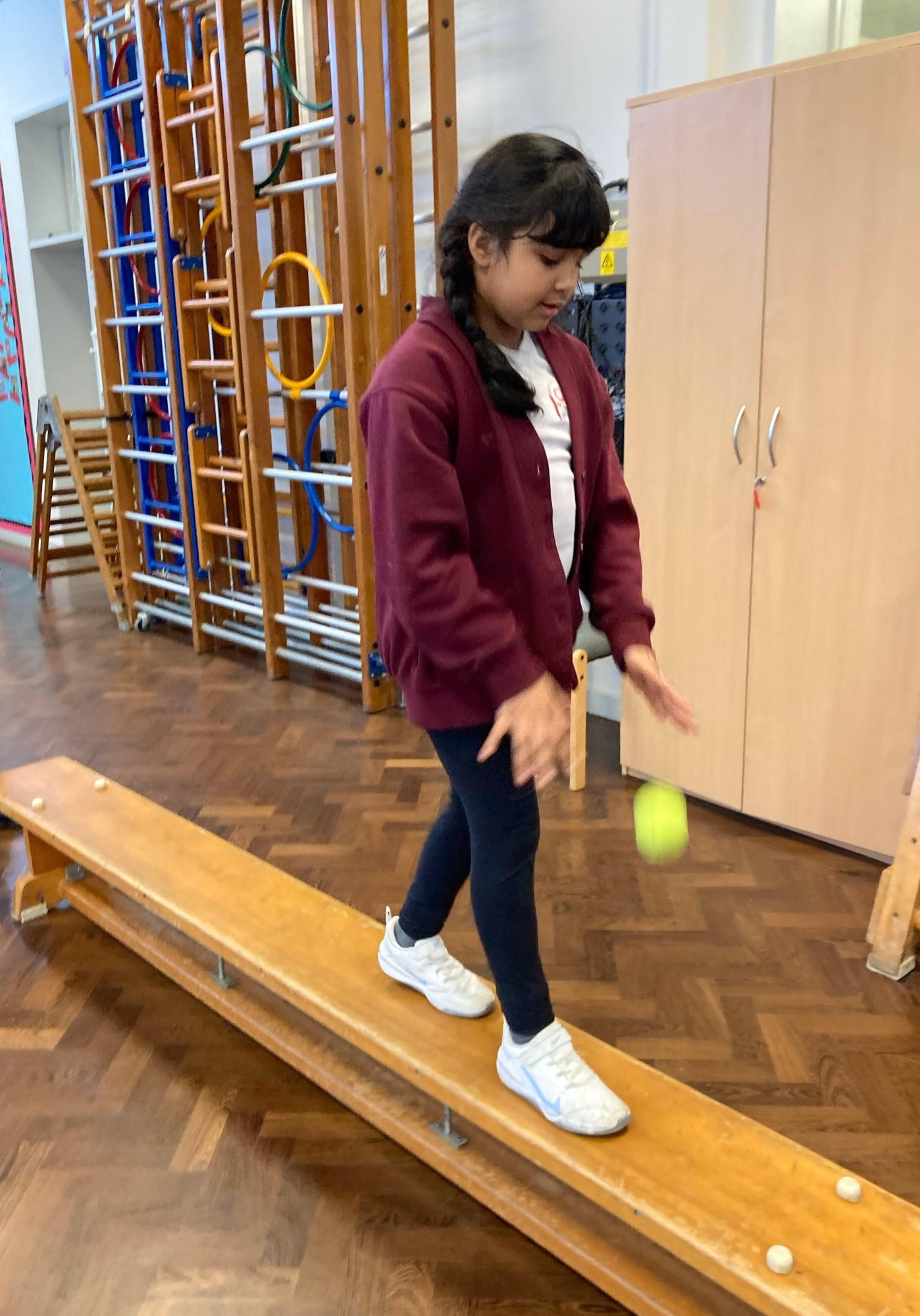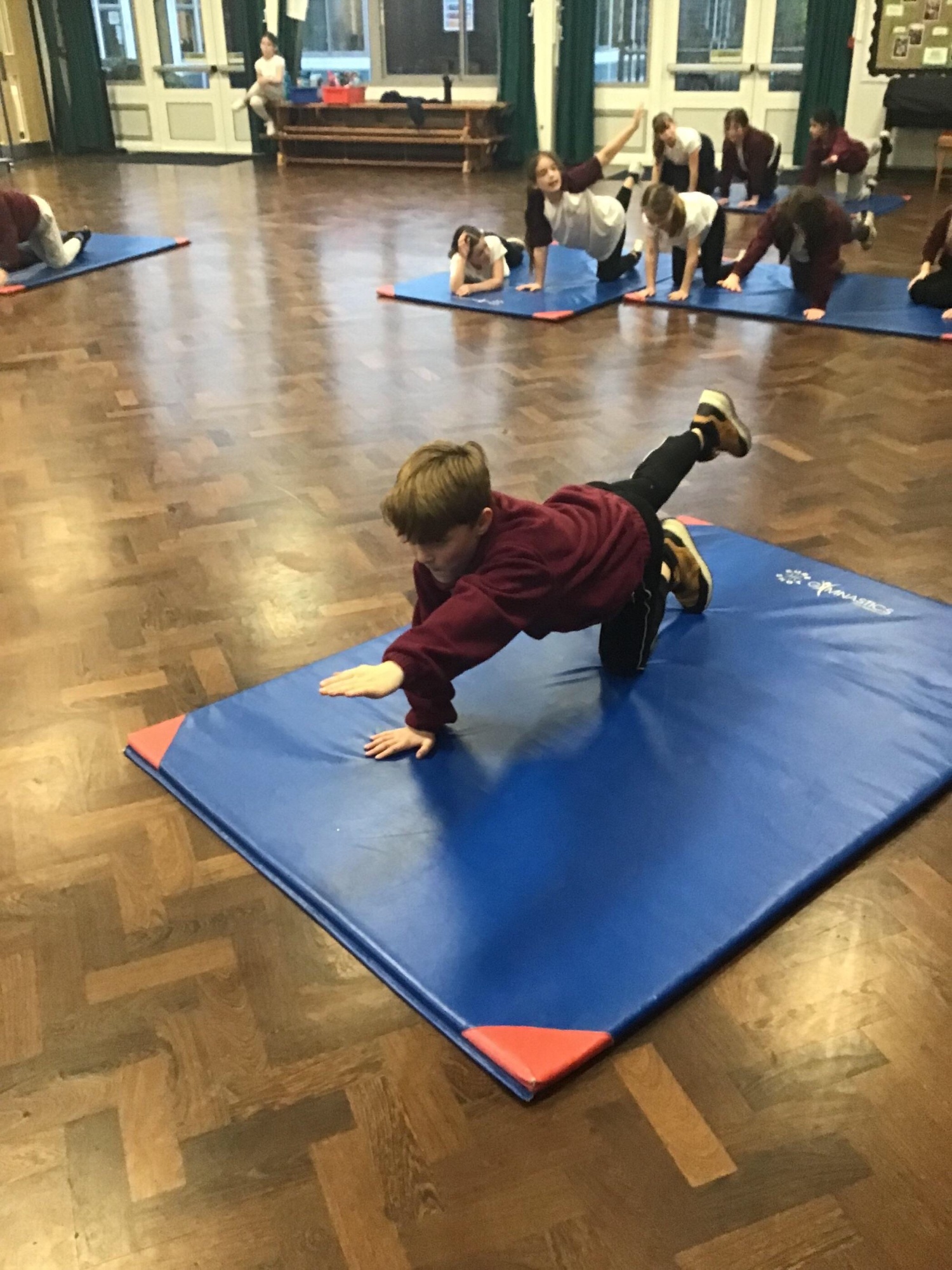P.E.
There is an ambitious curriculum set for PE, supporting teachers to implement it through high-quality lessons and checking that everything is helping children to know more, remember more and do more.
If you would like more information in addition to that published on this page, please contact your class teacher.
Purpose of Study
A high-quality physical education curriculum inspires all pupils to succeed and excel in competitive sport and other physically-demanding activities. It should provide opportunities for pupils to become physically confident in a way which supports their health and fitness. Opportunities to compete in sport and other activities build character and help to embed values such as fairness and respect.
Aims
The National Curriculum for physical education aims to ensure that all pupils:
- - develop competence to excel in a broad range of physical activities
- - are physically active for sustained periods of time
- - engage in competitive sports and activities
- - lead healthy, active lives.
Oakfield's Approach
Inspirational People
At our school, we believe in using the power of inspiration to help shape the thinking and curriculum design of our students. That's why we have taken inspiration from successful and influential people who have made a significant impact in their respective fields. By studying their stories, we aim to inspire our pupils to aim high and achieve their own goals. We have carefully curated a list of inspirational figures, including scientists, artists, entrepreneurs, and activists, to name a few. We have analysed what made them successful and incorporated their values, principles, and strategies into our curriculum design to provide our students with the tools they need to succeed. By doing so, we hope to empower our students to dream big and achieve greatness.
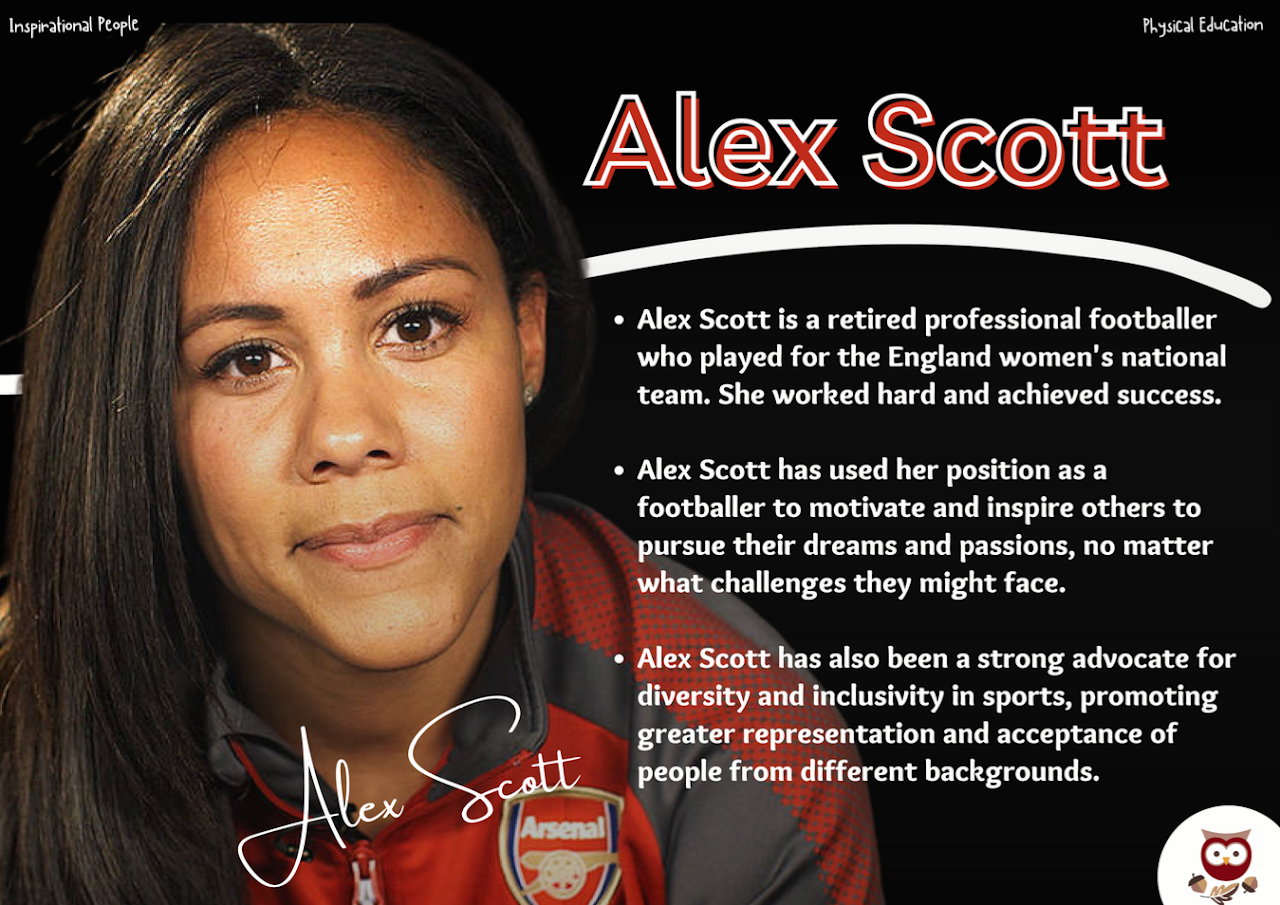
Intent
We are setting out to help our pupils be ...
- Active - to experience healthy physical competition, understand the role of a good sportsperson and be active for 60 minutes a day.
- Enthusiastic - enjoy being active and experiencing different opportunities while raising self-esteem.
- Resilient - have fun while being active learners, inspire others and give constructive feedback and display resilience in the face of adversity.
- Healthy - learn the importance of a healthy lifestyle and experience and develop a range of active skills, transferable throughout life/the curriculum.
Implementation
We will do this by ensuring ...
- All success and progress is celebrated, children engage with a range of equipment and activities, and active learning is taught, encouraged and modelled.
- Engaging opportunities to be physically educated and active are provided to all children.
- Opportunities are provided for learners to safely make mistakes and reflect upon these.
- Healthy lifestyles are promoted throughout the curriculum and active skills are taught and developed progressively.
Impact
We will have made a difference when ...
- Pupils value their role as sportspeople. They take pride in being an achieving sportsperson and recognise the importance of a healthy lifestyle.
- Children choose the most effective method of keeping themselves active, praising their personal achievements and discovering their interests.
- Pupils enjoy being sportspeople. They enjoy being physically active and reaching their active goals.
- Children can make informed decisions about their physical activity and are proactive in being active.
Threshold Concepts
These are our big takeaways called ‘threshold concepts’ - an overview of what we want pupils to know. They are the same for every year group and help us to ensure we build learning on the same ideas, that way we help children to be able to remember more meaningful connections rather than remembering isolated facts.
- Running, jumping, throwing and catching requires developing control, stamina and coordination.
- Body shapes and balances can be connected by movement.
- Sending and striking an object requires control and accuracy.
- Effective team work is essential for development and success.
- Movement can be created as a reaction to a stimuli.
- Outdoor spaces and adventurous activities can be navigated independently or with a team.
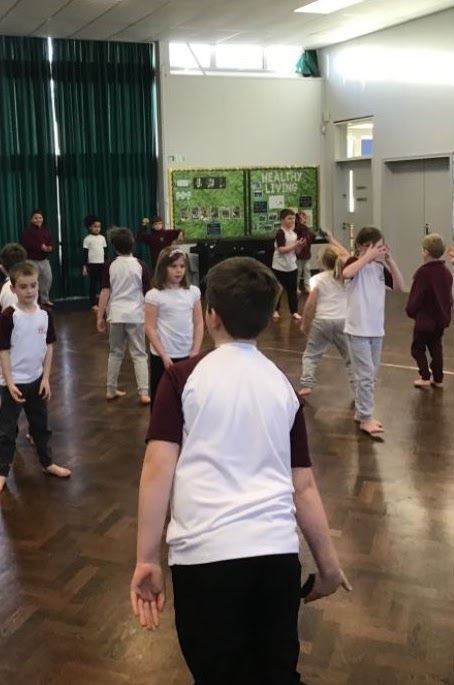
Progression on a Page ...
Here is an overview of what we expect children to be taught, know and do by the end of each year group.
Year 1
- Children will practise running, jumping, throwing and catching techniques.
- They will create a basic sequence of body shapes, balances and movement whilst negotiating space safely.
- Children will explore patting, throwing, kicking, stopping and catching a ball.
- They will learn the importance of following rules when playing a game to making it fair.
- Children will create movement patterns and show awareness of rhythm. They will follow a simple route around a familiar outdoor space.
Year 2
- Children will now show more control with running, jumping, throwing and catching techniques.
- They will create a sequence of linked balances and know a range of body shapes.
- Children can confidently send and receive an object such as a bean bag or ball.
- They will play simple team games demonstrating an awareness of the rules and developing basic tactics.
- Children will perform movements to express ideas and feelings changing level, speed and direction.
- They will move over, under and through spaces and obstacles outdoors.
Year 3
- Children apply a broad range of running, jumping, throwing and catching techniques in isolation and combination, with improving accuracy and competence.
- They can create a gymnastic sequence beginning to use flexibility, strength, technique and balance.
- Children use different techniques to pass, bat, dribble, travel with and strike a ball with some control, coordination and accuracy.
- They take part in competitive team bag, communicating with others and using tactics.
- Children beginning to improvise movements and motifs that express the meaning and mood of the music.
- They work as part of a team to safely navigate an outdoor space and solve problems.
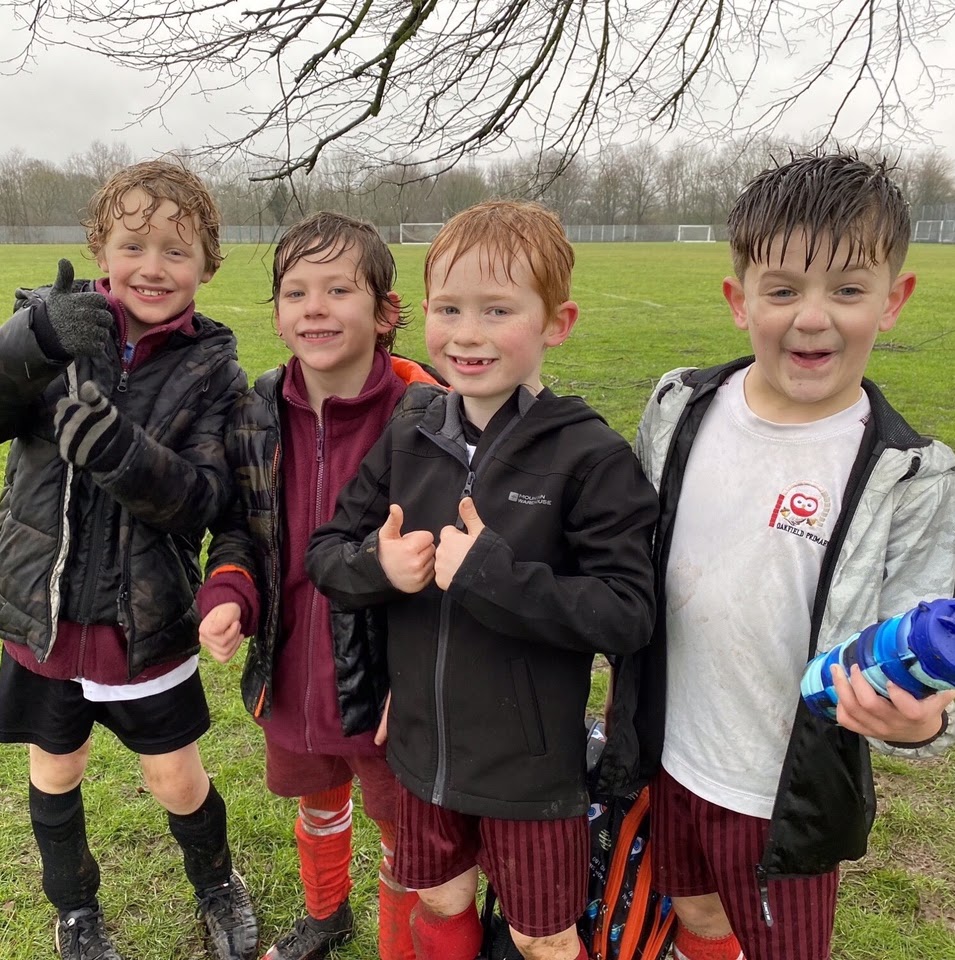
Year 4
- Children will run for extended periods at a range of distances and varying pace.
- They will combine movements, actions and balances and equipment to create a fluid routine.
- Children will now throw, catch, strike and field with control and accuracy.
- They will take part in competitive games and create their own. They will use and develop team tactics through effective communication.
- When responding to a stimuli, children will compare, develop and adapt movements and motifs to create movement patterns.
- They will respond to challenges in a positive way.
- They will work effectively with other team members, showing the ability to listen to and act on feedback.
Year 5
- Children understand how power and stamina are developed and how this improves performance.
- They create increasingly complex sequences, including changes of direction, travelling and varying speeds and levels, showing good precision, stability, flexibility, technique and strength.
- Children will confidently and consistently use striking, fielding and racket skills.
- They will play competitive games with skill, coordination and control whilst applying a range of rules and tactics.
- Children will improvise and move with precision, control and fluency in response to a range of stimuli.
- In outdoor spaces, they will plan routes and orientate maps, responding positively to increasing challenges, problems and working as a team.
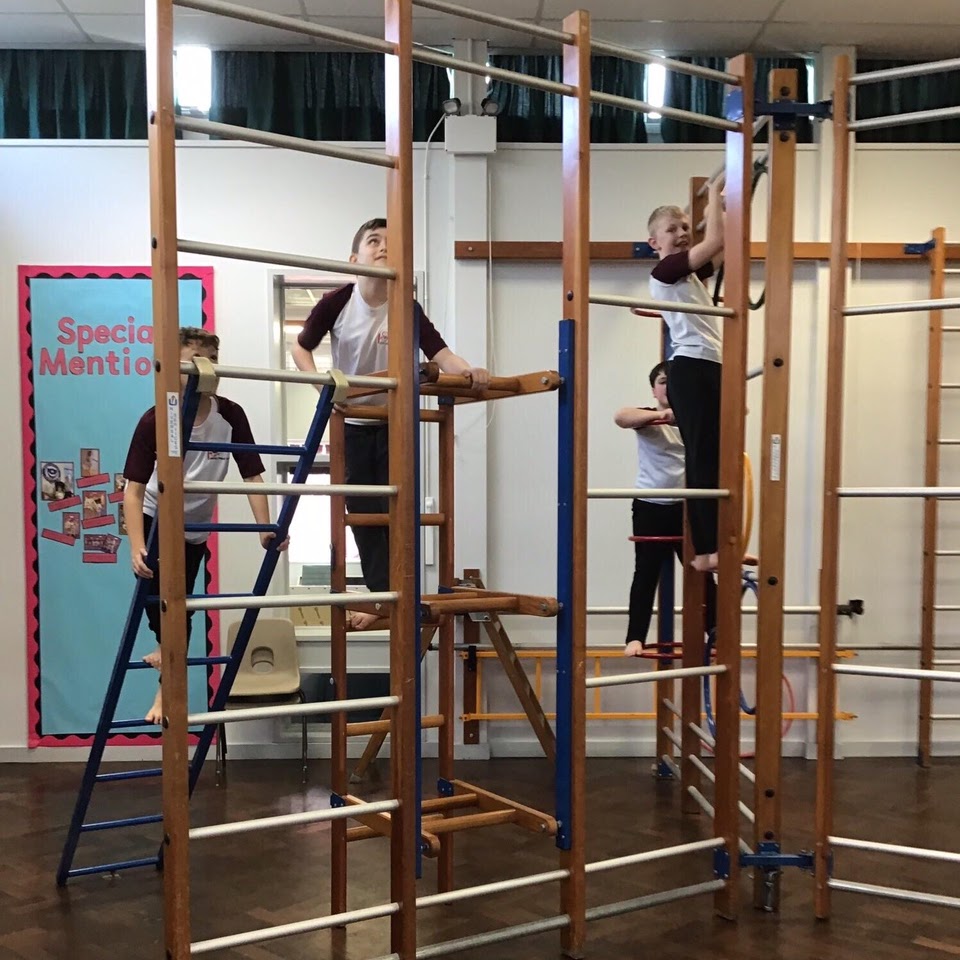
Year 6
- Children will demonstrate a high level of control, speed, strength and stamina when running, jumping and throwing, in isolation and combination. They will be able to suggest ways to improve performance.
- Children will plan and perform gymnastic sequences, using a wide range of movements and balances to create a polished routine.
- Children will confidently use ball skills with some precision in a wide variety of competitive games. During competitive games, children will develop and refine strategies and tactics for attacking and defending.
- They will vary dynamics of movements or dance, developing actions in time to music with a partner or as a part of a group.
- Children will use and apply strategies for solving problems, listening to others and being a good team player when engaged in outdoor or adventurous activities.
Units of Learning ...
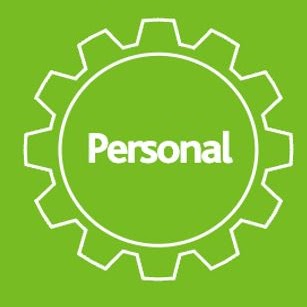
Year 1 - Autumn
Core - Personal
This unit teaches children to develop coordination skills. Skills are developed through developing different footwork skills and balances.

Year 1 - Autumn
Core - Social
In this unit children develop dynamic balances and agility. Skills are developed through jumping, landing, and seated balances.
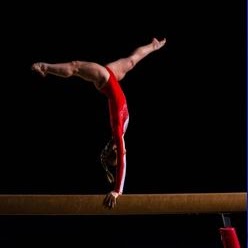
Year 1 - Autumn
Core - Gym
Children will learn to move in different ways and begin to perform a small range of skills, linking two movements together.

Year 1 - Spring
Core - Gym
Children will learn to move in different ways and begin to perform a small range of skills, linking two movements together.
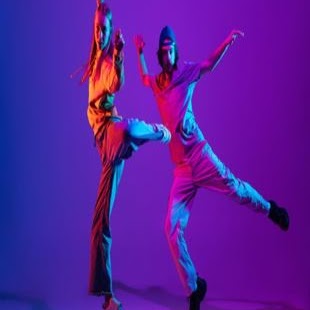
Year 1 - Spring
Dance - U1
In this unit, children will learn to create multiple standing and floor shapes. They will progress to learning how to travel between shapes and create shapes in contrast to a partner.
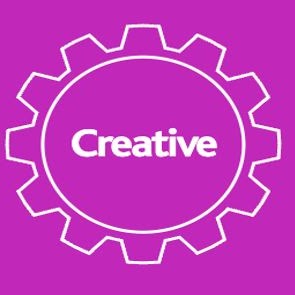
Year 1 - Summer
Core - Creative
This unit supports children to develop their coordination through ball skills. We will learn to counter balance with a partner.
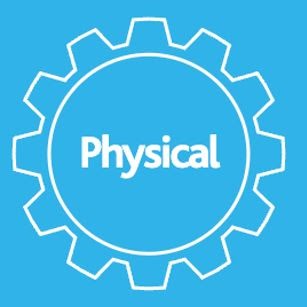
Year 1 - Summer
Core - Physical
Children will develop their coordination skills further with sending and receiving balls. Children will develop their agility with reaction and response.

Year 2 - Autumn
Core - Personal
This unit teaches children to develop coordination skills. Skills are developed through developing different footwork skills and balances.

Year 2 - Autumn
Gym - U1
Children will learn different balances and ways to travel. Skills will be developed through seated balances and balances using different apparatus.

Year 2 - Autumn
Core - Social
This unit teaches children to develop dynamic balances and agility. Skills are developed through jumping, landing and seated balances.
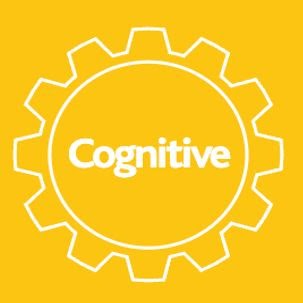
Year 2 - Spring
Core - Cognitive
This unit builds on children’s dynamic balance to create circuits and different pathways. Children will learn to balance on a straight line and develop stance combinations.

Year 2 - Spring
Dance - U1
In this unit, children will learn to create multiple standing and floor shapes, working with a partner. They will progress to learning how to travel between shapes and create shapes in contrast to a partner.

Year 2 - Summer
Core - Creative
Children will develop their coordination skills further with sending and receiving balls. Children will develop their agility with reaction and response.

Year 2 - Summer
Core - Physical
Children will develop gymnastics skills by working on flight movements. They will learn to create sequences using different rotations.

Year 3 - Autumn
Core - Personal
This unit teaches children to develop coordination skills. Skills are developed through developing different footwork skills and balances.

Year 3 - Autumn
Core - Social
Children learn how to cooperate and take part in small group tasks. Children use a range of dynamic balances to complete jumps and safe landing.

Year 3 - Spring
Core - Cognitive
This unit supports children to use their cognitive skills in PE. Children understand how to judge performance and use this to identify parts to work on. Children can explain why someone is working well. In team games children begin to understand and use tactics of attacking and defending.

Year 3 - Spring
Gym - U1
In this unit children will be able to link actions and develop sequences. They will be able to change and adapt rules or tasks to make activities more challenging. To develop coordination, children will practise ways of sending and receiving.

Year 3 - Spring
Dance - U1
In this unit the children will learn how to combine turning, jumping and moving with a partner to create and perform a sequence of moves.

Year 3 - Summer
Core - Creative
This unit supports children’s creativity. Children will show an awareness of strength by developing a range of movements and skills with good body tension, this will be incorporated into effective techniques for running, jumping and throwing activities.
Children will be able to perform a sequence of movements with some changes in level, direction or speed.

Year 3 - Summer
Core - Physical
In this unit children will be able to describe the basic fitness components and explain how often and how long they need to exercise to be healthy. They will be able to record and monitor how hard they are working. They will be able to describe how their body feels during and after exercise. Children will be able to use equipment appropriately and safely.

Year 4 - Autumn
Core - Personal
This unit supports children’s understanding of the importance of having coordination when moving using different foot work. The progression is through developing different footwork and balances (on one leg) throughout the unit.

Year 4 - Autumn
Core - Social
This unit focuses on the children’s dynamic balance to agility, looking at how they can jump and land safely. We will also be focusing on their static seated balancing and changing positions.

Year 4 - Spring
Core - Cognitive
This unit focuses on the children’s ability to dynamically balance on a line. We will also be working on their ball skills by getting them to roll and control a given ball to a partner.

Year 4 - Spring
Dance - U1
The children will be able to select and link movements together to fit a theme. They will also be able to recognise similarities and differences in movements as well as expression.

Year 4 - Spring
Core - Gym
This unit focuses on the children’s coordination to send and receive a ball by bouncing to and from a partner. We will also be focusing on their ability to counter balance with the support of a partner.

Year 4 - Summer
Core - Creative
This unit focuses on the children’s reactions and responses when a ball is thrown or bounced towards them. We will also be working on our static balance focusing specifically on floor work.

Year 4 - Summer
Core - Physical
This unit focuses on the children’s ability to chase a ball effectively and maintain control. We will also be looking at our static balance by focusing on our stance - how we position our bodies.

Year 5 - Autumn
Core - Cognitive
In this unit, children are taught to develop their cognitive skills by making decisions when working in teams and independently. They will focus on developing stance and footwork and learn how this can help them to improve their performance.

Year 5 - Autumn
Core - Creative
In this unit, children will learn how to be creative, changing tactics, rules and tasks to make activities more fun and challenging. They will focus on developing their seated balance and floor work.

Year 5 - Spring
Gym - U1
During this unit, children will learn how to use different apparatus and sequences, such as rhythmic and climbing sequences.

Year 5 - Spring
Dance - U1
Children will learn to develop their dance skills, such as performance, partner work, musicality and creating dances (choreography).

Year 5 - Summer
Core - Physical
In this unit, children will learn to develop their physical skills, such as jumping and landing and balancing on one leg.

Year 5 - Summer
Core - Personal
In this unit, children will develop their personal skills, such as resilience and confidence. They will practise ball skills and responses and reactions.
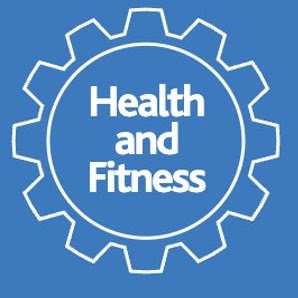
Year 5 - Summer
Swimming
Children will learn a variety of strokes to be able to swim 25m.

Year 6 - Autumn
Core - Cognitive
This unit teaches children to develop and understand their own health and fitness. Coordination is developed through sending and receiving and ball chasing is used to improve agility.

Year 6 - Autumn
Gym
This unit develops children’s gym skills using hand apparatus and low apparatus through the theme of rhythmic and bench sequences.

Year 6 - Spring
Core - Physical
This unit supports children to use their cognitive skills in their physical education. Coordination is developed through footwork and different stances are used to support static balance.

Year 6 - Spring
Gym
This unit develops children’s gym skills using large apparatus and partner work through the theme of acrobatic and climbing sequences.
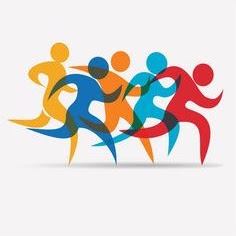
Year 6 - Spring
Gym
This unit develops children’s gym skills using large apparatus and partner work through the theme of acrobatic and climbing sequences.

Year 6 - Summer
Core - Creative
This unit supports children to develop their creative skills. Seated balance and floor work is used to support a child’s static balance.
Detailed Progression in P.E.
We're so proud!
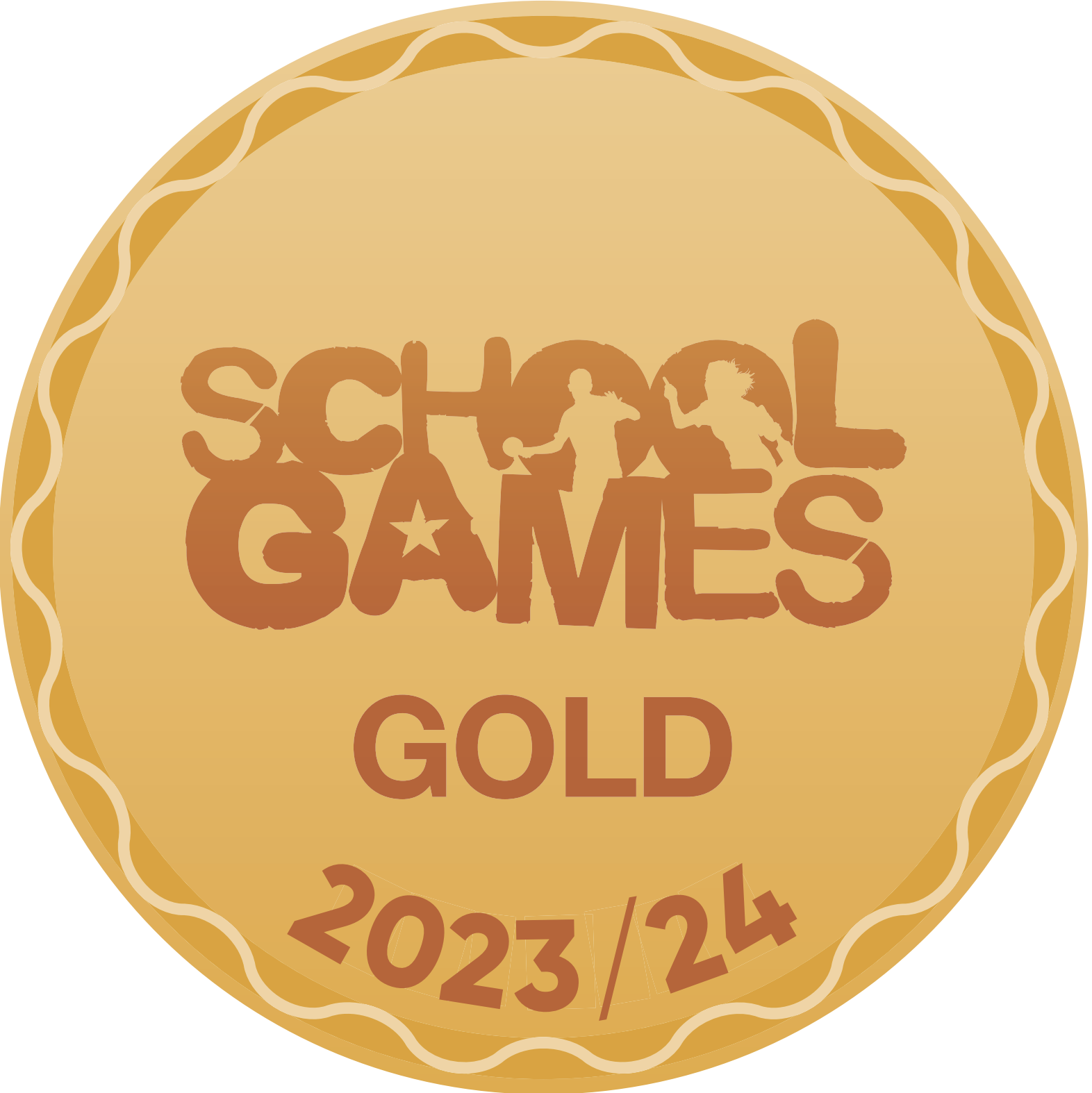
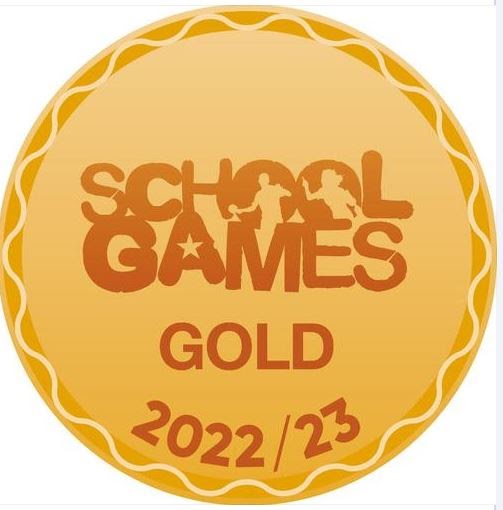
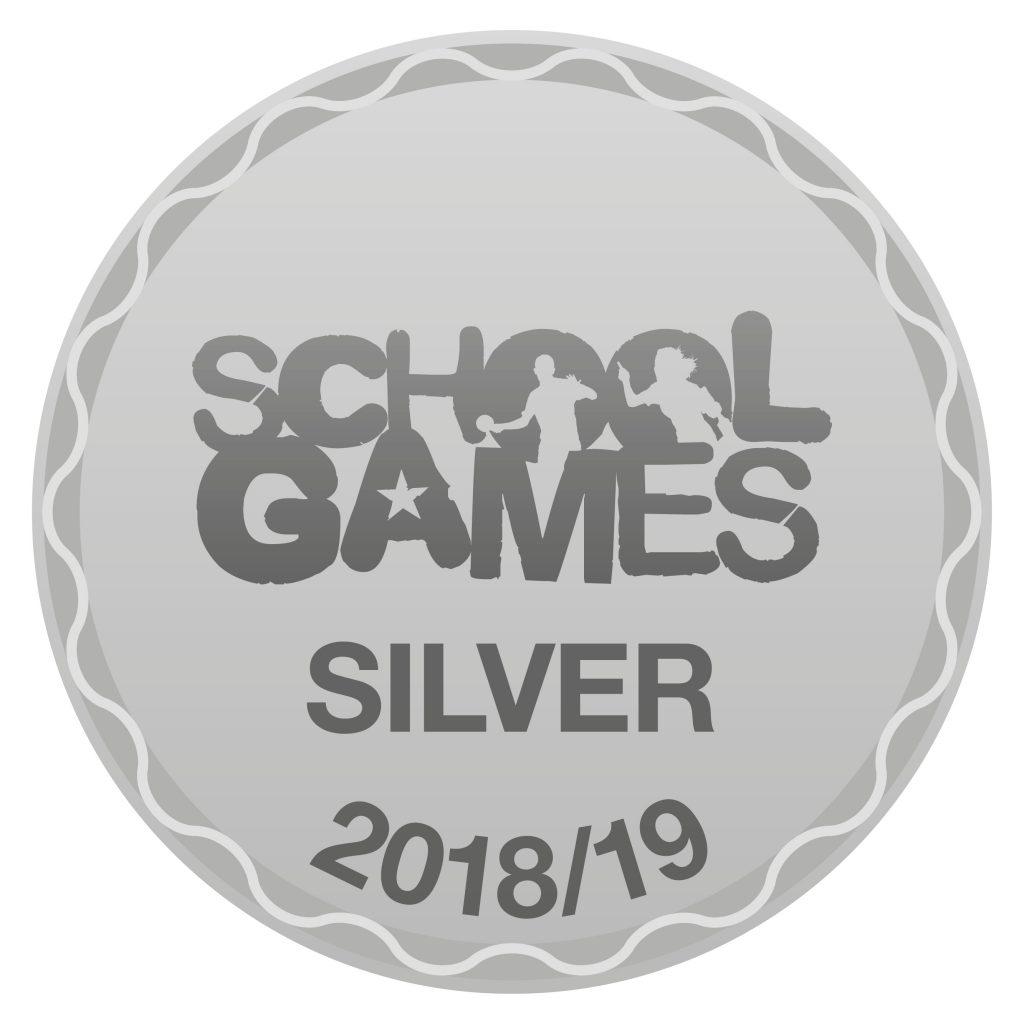
We achieved the School Games Mark Silver Level Award for the 2019/20 academic year as well as two special awards that recognise our commitment to high quality P.E. at home during lockdown.
The School Games Mark is a government-led awards scheme launched by Sport England and delivered by the Youth Sport Trust. It rewards schools for their commitment to the development of competition across their school and into the community. Achieving Gold status is no small feat; it required us to fulfil specific, stringent criteria.
To qualify for the Gold Mark, we had to meet several prerequisites that extend beyond those of the Silver Mark:
Participation: Over the last year, all our pupils have been engaged in regular physical activity – with the Chief Medical Officer recommending at least 60 active minutes a day.
Competition: We increased the number of pupils participating in inter-school competitions and our students have taken part in multiple competitions across a range of sports throughout the school year.
Team: We have expanded opportunities for children to learn to lead and volunteer in sport, with 15% of pupils engaged in leading, managing and officiating School Games activity.
Clubs: We increased the breadth in the sports and activities offered to all, offering a diverse range of sporting clubs and physical activity opportunities.
Community Links: We established strong links with local sports clubs and organisations, encouraging our students to continue their physical development outside of school hours.
Inclusion: We strived to make our School Games as inclusive as possible, ensuring all young people have the opportunity to participate in competitive sport.
This Gold Mark is a testament to our children's enthusiasm, talent and commitment, the inspiring work of our dedicated team, all the volunteers who have attended and facilitated the games, the support we've received from families, and our robust sporting community links. But above all, it shows how deeply ingrained sports, games and physical development is in our school's ethos.
Moving forward, our aim is to use this recognition as motivation to improve further. We are now more committed than ever to promoting physical activity and competition!
We achieved the School Games Mark Silver Level Award for the 2019/20 academic year as well as two special awards that recognise our commitment to high quality P.E. at home during lockdown.
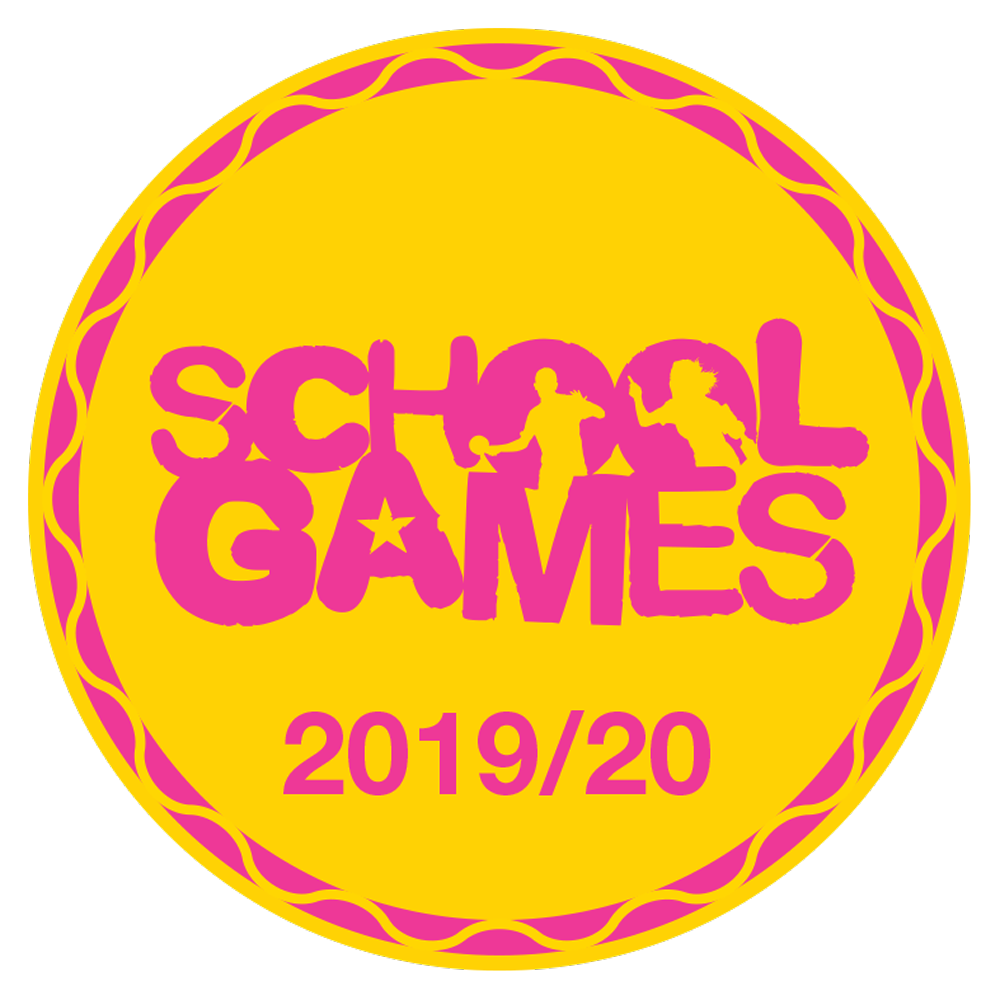
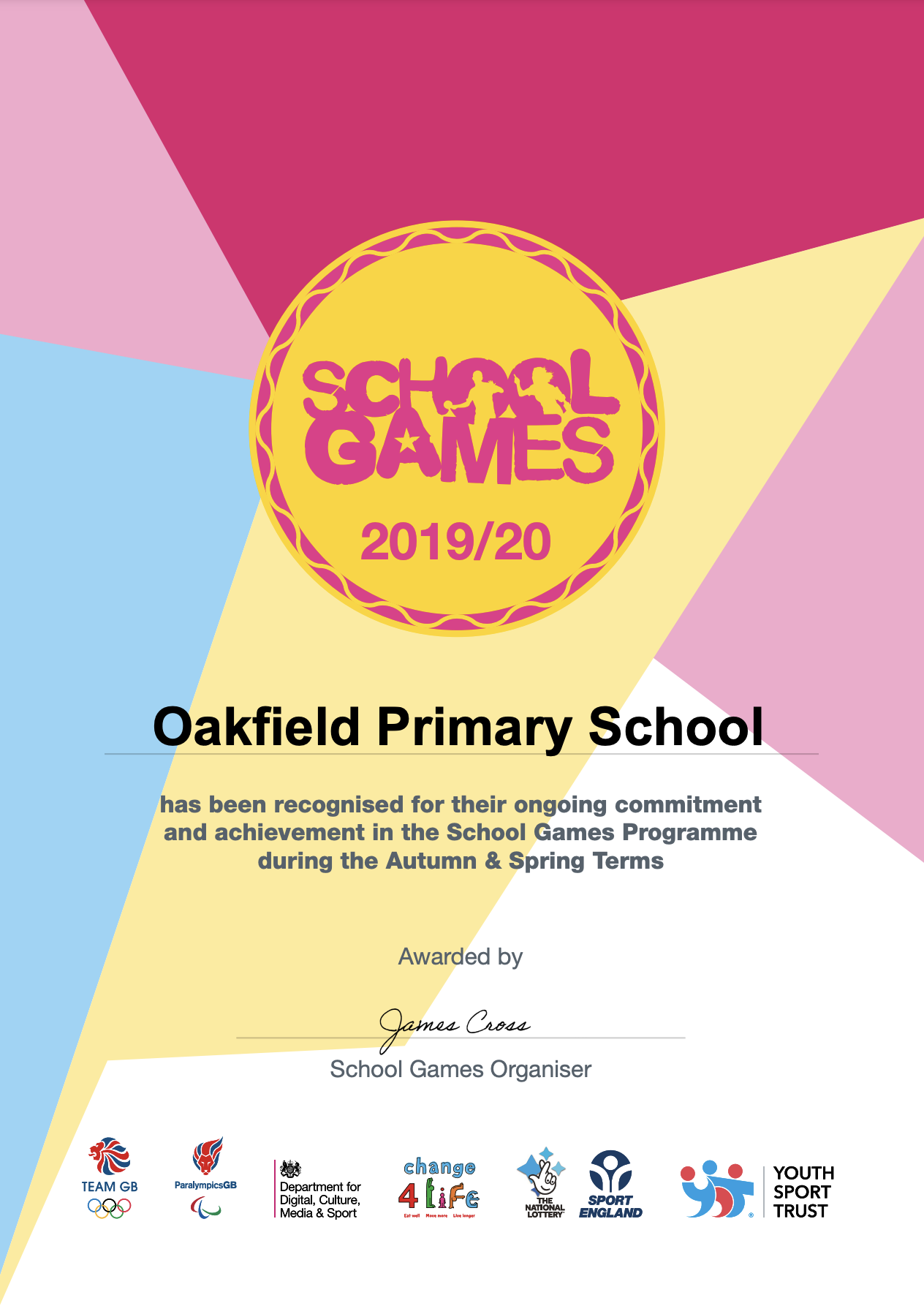
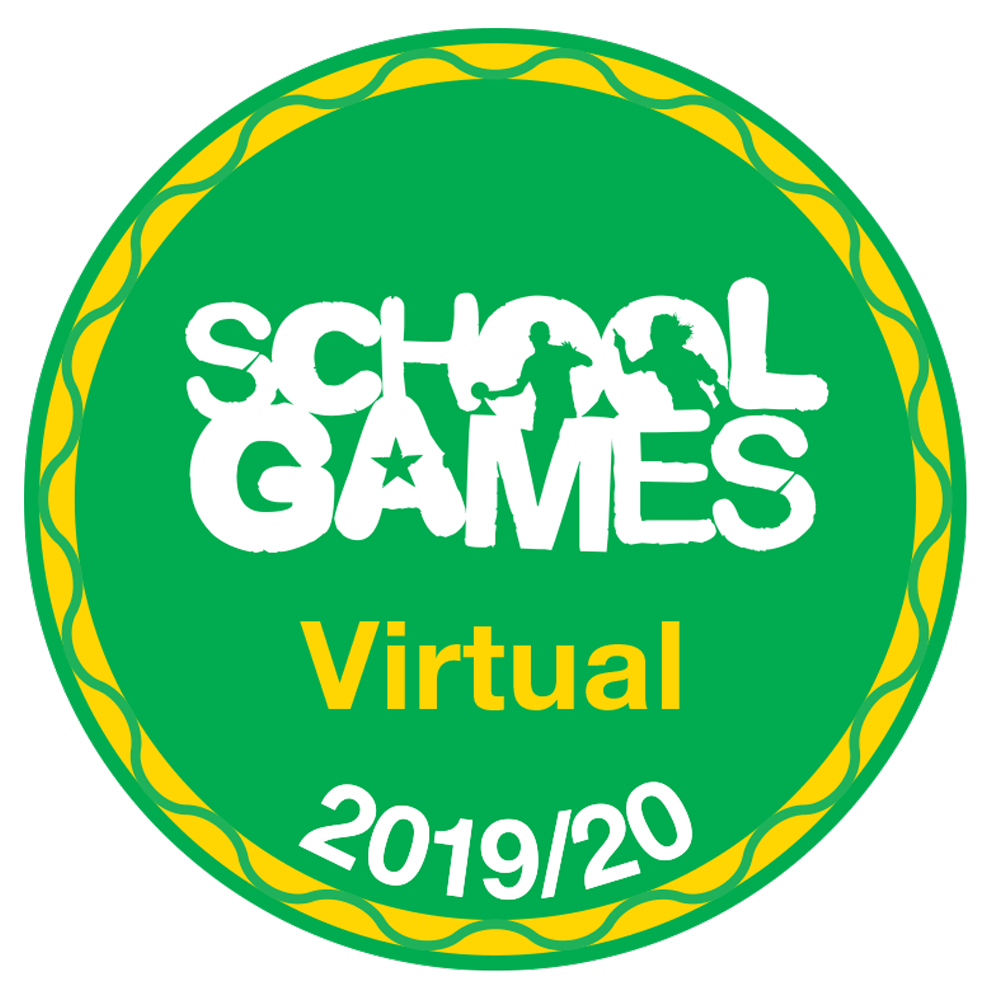
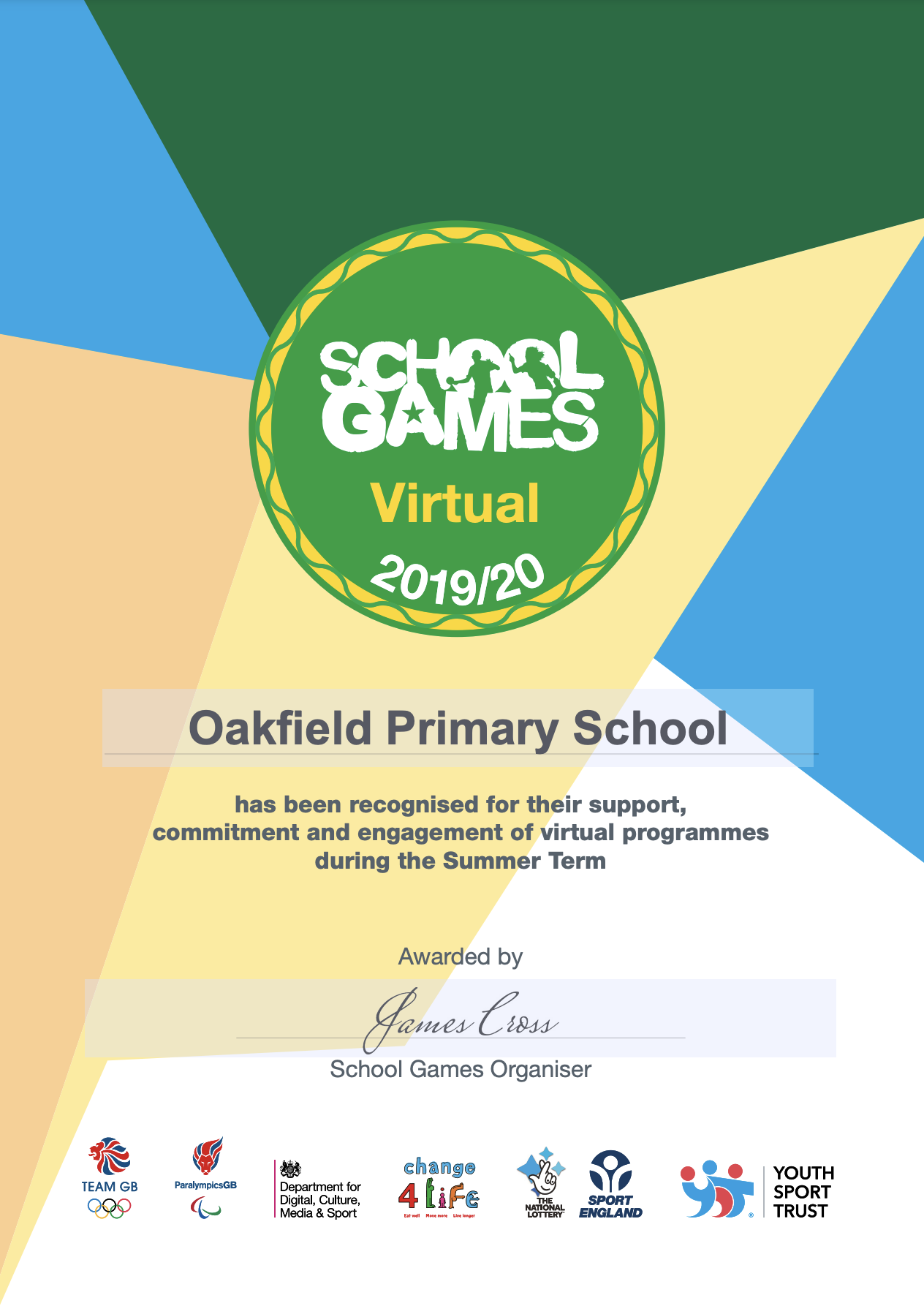
School Games
Hampshire School Games
We're proud to take part and take home SILVER in 2019 and SILVER 2020 ... Gold next, right?
Aaron Phipps
A special message from a special visitor!
Sports Day
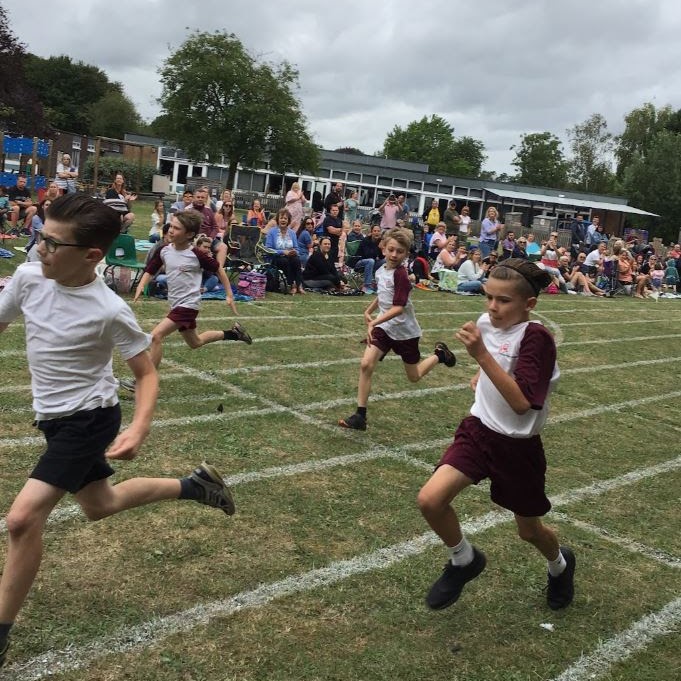
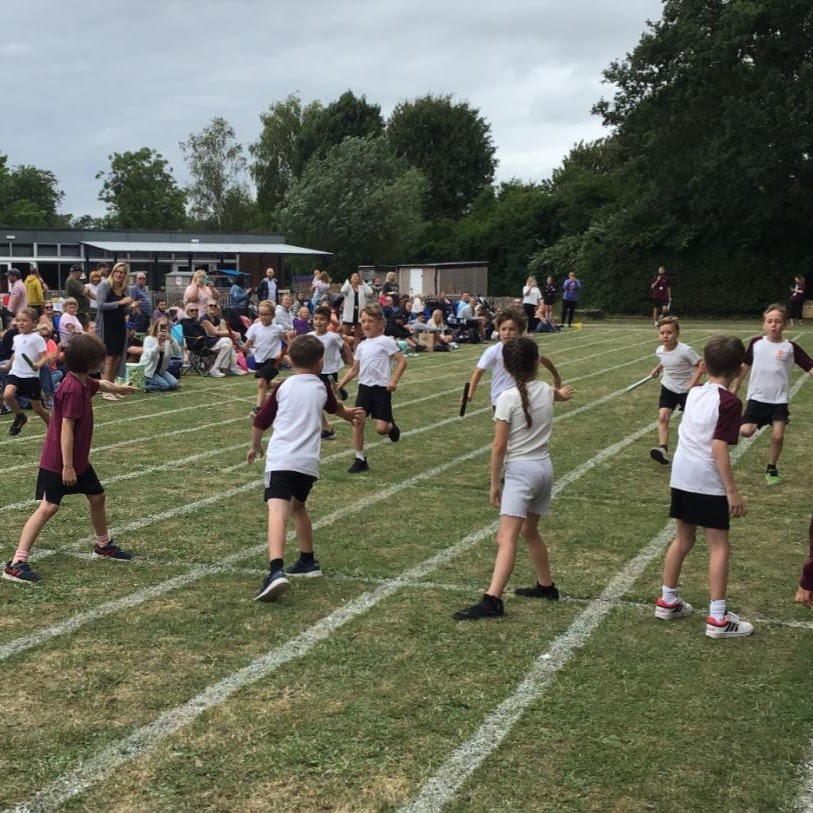
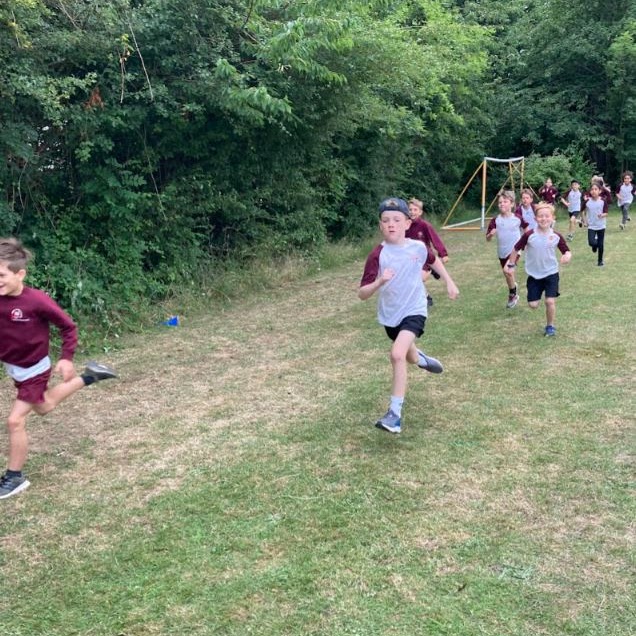
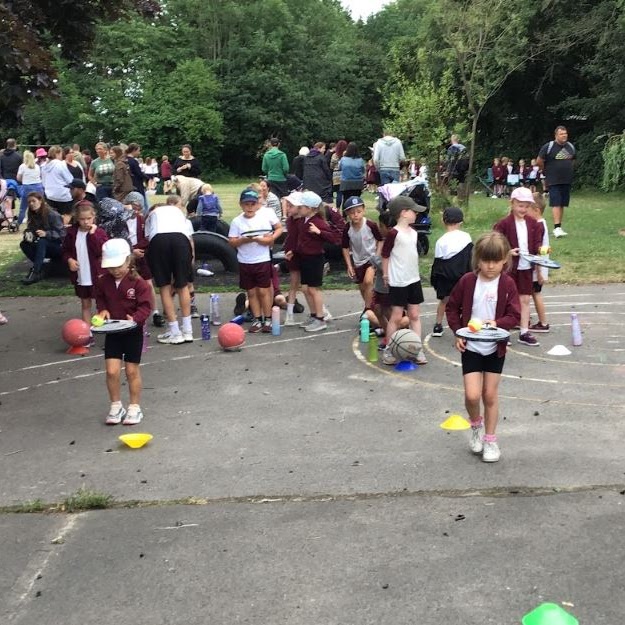
Sports Funding
Information on how we fund our PE and Sports Activities is available through our Policies Page.

